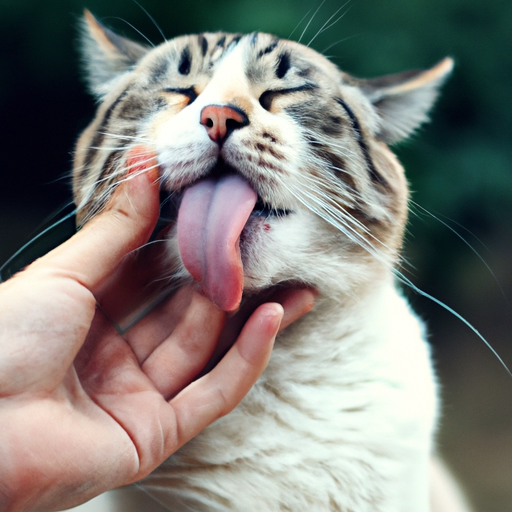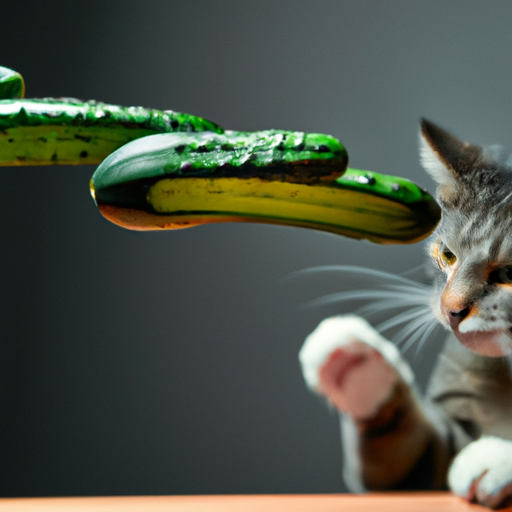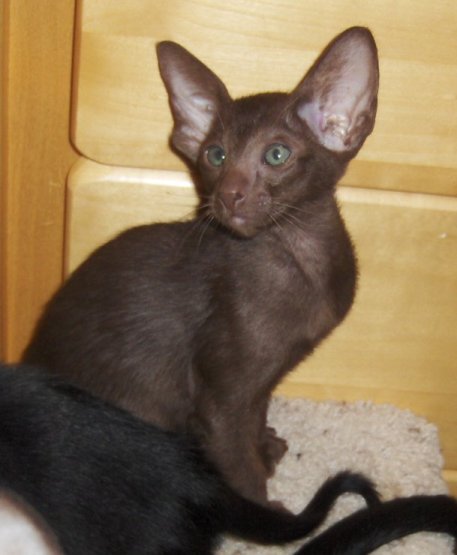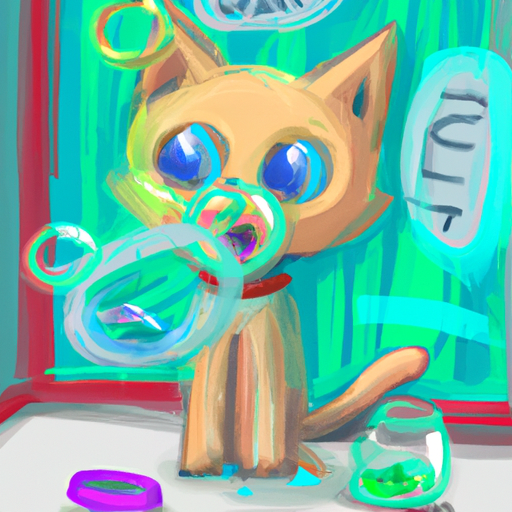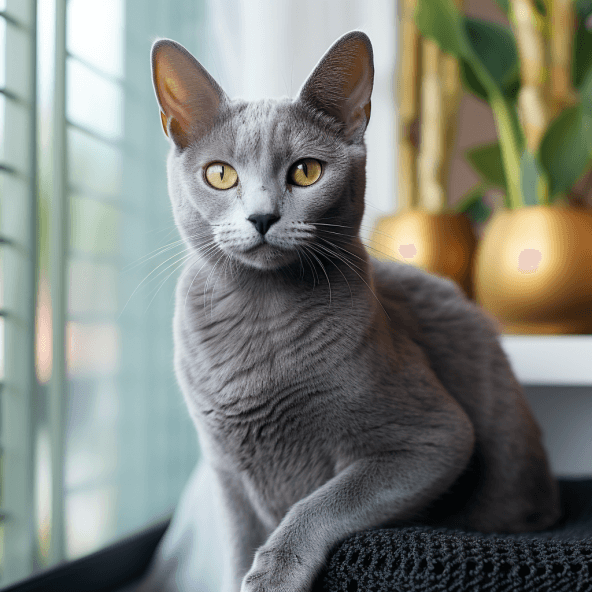Why Do Cats Lick You?
In this friendly chat, we’re going to unravel the somewhat intriguing behavior of cats – particularly, why they lick you. It’s a quirky thing our feline friends do and wouldn’t you love to understand them even better? By the end, your comprehension of kitty communication will surely have expanded!
Why Do Cats Lick You? Decoding This Affectionate Yet Perplexing Feline Behavior
As any cat owner knows, feeling your cat’s tiny barbed tongue licking your hand, arm, or face is a common occurrence. While this raspy licking may seem peculiar, it actually carries several meanings and purposes. Understanding the motivations behind this grooming behavior can help you interpret what your cat is trying to communicate.
Grooming and Social Bonding
One of the most common reasons cats lick humans is to bond through social grooming. For cats, licking is like handshakes or hugs for humans.Mother cats begin licking their kittens immediately after birth to clean them, stimulate breathing, and bond.
Grooming remains an important social behavior throughout a cat’s life.Cats that live together will lick each other’s heads and coats frequently as part of their social group bonding and friendship grooming rituals. Your cat views you as part of her family and friend group and wants to reinforce that relationship through licking.
Signs It’s Affectionate Licking
When your cat is licking you as a friendly gesture, it will typically have a gentle, relaxed demeanor:
- Purring while licking indicates she’s content
- Taking her time licking in long strokes
- Licking your hand or arm within petting sessions
- Licking your face when snuggling up to you
- Slow blinking eyes and kneading paws simultaneously
- Licking you before settling in for a nap beside you
These signs indicate that licking is your cat’s way of conveying fondness and closeness. Think of it as similar to cuddling for humans.

Keeping Clean Through Licking
In addition to social bonding, licking serves the practical purpose of cleaning fur and stimulating blood circulation.A cat’s tongue is covered in tiny, backward-facing barbs ideal for detangling knots, removing dirt, spreading beneficial oils, and removing dead hair. When cats lick each other during allogrooming, it helps keep their coats clean and healthy.Your cat may view licking your arm or hand as returning the favor – you pet her to bond, and she licks you as her own version of petting and light cleaning.
Scent Marking Through Licking
Cats have an incredibly advanced sense of smell, so licking is also a means for them to pick up scents and mark you with their own scent:
- Saliva transfers scents between cats during grooming.
- When your cat licks you, she leaves pheromones from scent glands.
- Being licked spreads a cat’s individual scent to mark you as “theirs”.
- Your own scent likely provides comfort and familiarity for your cat.
Licking is like tagging you with your cat’s ID card saying “this human belongs to me!”. It can be a territorial behavior but also affectionate.
Potential Medical Motivations
Sometimes excessive licking can have a medical root cause:
- Licking sore or injured body parts may indicate pain.
- Licking the same area repeatedly could signify infection or skin irritation.
- Dental pain can also cause extra licking around the mouth.
- Nausea may prompt cats to lick lips and swallow repeatedly.
If your cat is fixated on licking one spot, get her checked by a vet to rule out underlying medical issues.
Addressing Stress or Boredom Related Licking
Over-grooming humans can also stem from stress, anxiety or boredom:
- Sudden increased licking may parallel stressful events at home.
- Licking hands or arms can self-soothe when a cat is anxious.
- Excessive licking may indicate obsessive compulsive disorder.
- Bored cats may lick for stimulation.
If licking seems excessive, examine your cat’s environment. Reduce stressors and add enrichment toys to see if it helps.
Training Considerations
While some licking is normal, you can discourage over-grooming:
- Redirect licking by presenting a toy when it occurs.
- Ignore unwanted licking rather than reinforcing it.
- Reward and encourage licking only during petting sessions.
- Discourage rough or excessive licking by standing up or walking away.
- Address medical issues or stress triggers contributing to the behavior.
- Provide more interactive playtime and enrichment.
- Gently clip your cat’s claws to prevent scratches from rough licking.
With patience and consistency, you can reshape licking into an occasional affectionate gesture rather than a constant nuisance.
Key Takeaways
- Cats lick themselves and others to socially bond through grooming.
- Gentle, relaxed licking while purring usually indicates affection.
- Licking helps clean coats and spread beneficial oils over skin and fur.
- It allows cats to pick up scents from each other and mark their territory.
- Excessive licking may indicate pain, infection, stress or boredom.
- With proper training and enrichment, undesirable licking can be reduced.
Resources
- ASPCA – Cat Licking
- PetMD – Excessive Licking in Cats
- Catster – How to Stop a Cat From Licking You
- International Cat Care – Over Grooming in Cats
- VCA Hospitals – Compulsive Disorders in Cats
The next time your cat starts licking your hand or face, take a moment to analyze her body language. An affectionate lick can quickly become overstimulating, so aim for moderation in this unique feline gesture.

